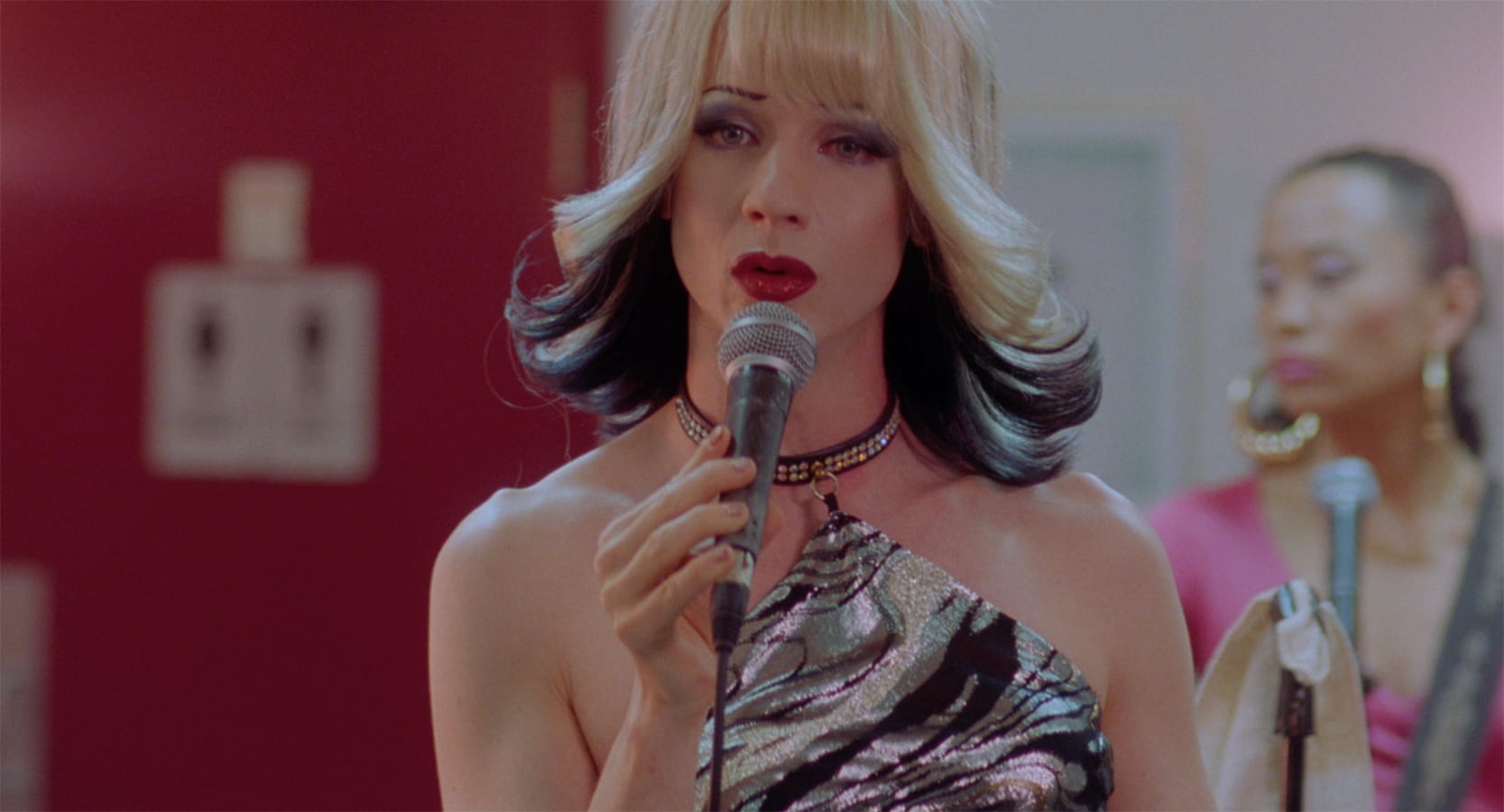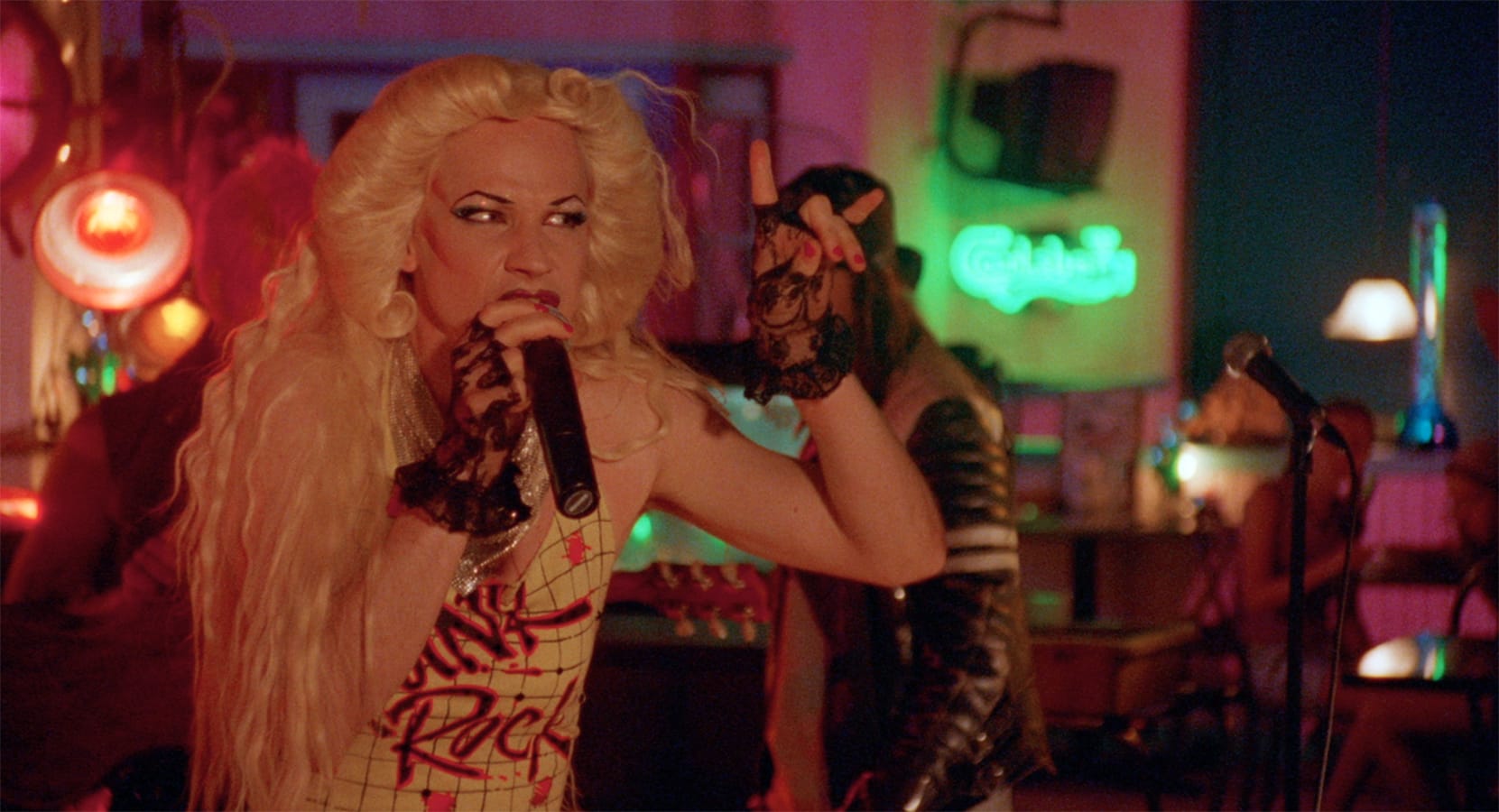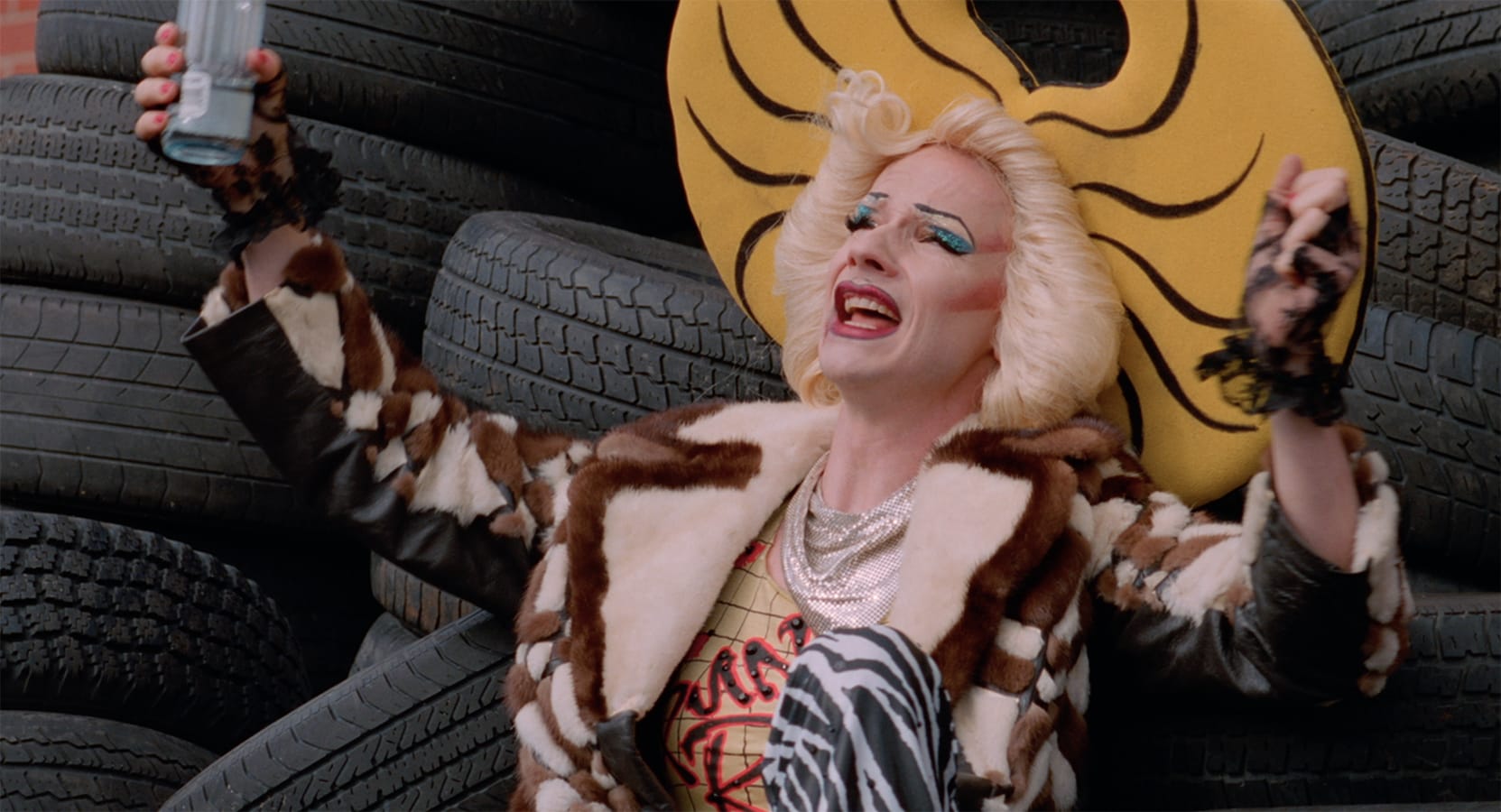Hedwig and the Angry Inch: She Sings the Body Electric

Some days, our current attitudes toward gender-identity and sexual-orientation politics seem to have stripped us—gay or straight, cisgender or trans, striving to understand the LGBTQIA issues of the day or otherwise—of tenderness. We have long needed more openness in talking about these issues; openness is the only way to advance civil rights. Still, when it comes to the way we want to be perceived and acknowledged by the world, defensiveness, the greatest stumbling block to true understanding, can seem to be the default position, especially on social media.
But 1998—the year John Cameron Mitchell and Stephen Trask debuted their exuberant rock musical Hedwig and the Angry Inch in a small theater in New York’s West Village—is not yet ancient history. And the film that came to be made from that live show, in 2001, is both relevant to our times and restorative, a work of rapturous energy and humor that points a way forward. What makes a man a man and a woman a woman, and what radiant possibilities might there be in between? Everyone suffers at one time or another; what will you do with that suffering? Will you let it destroy you or fortify you? There are tragedy and betrayal in this story of a chanteuse named Hedwig, born male but forced into a back-alley sex-reassignment operation that is horribly botched, whose bitterness is fueled when the man she loves steals her songs and becomes a raging rock-and-roll success. But there are joy, redemption, and forgiveness, too, as well as an understanding of the pleasures of wearing costumes and masks—and of the relief to be found in letting your guard down and learning to trust.
That’s a lot of stuff for a musical to carry, but Hedwig and the Angry Inch shoulders it with the ease of a catwalk model. Mitchell—also the film’s director—plays Hedwig, who, when we meet her, is a struggling performer touring a chain of Red Lobster–type restaurants across America. (Bilgewater’s is the name.) Hedwig pours her story out in flashbacks: She was born Hansel Schmidt, in East Berlin before the destruction of the wall, and was raised by an emotionally disconnected mother. Hansel’s father, an American serviceman, left the family when Hansel was just a kid. Hansel’s narrative hints at sexual abuse, but his father at least showed him twisted affection; his mother appears to show none at all.
One day, while sunbathing nude “in an old bomb crater,” Hansel meets an American soldier, Luther Robinson (Maurice Dean Wint), who woos him with a large packet of Gummi Bears. Hansel allows himself to be molded by Luther, who urges him to dress like a woman. And when Luther proposes, promising to whisk Hansel away to the States, to the West, where he has always longed to go, there is a condition: this must be a marriage between a woman and a man. Hansel’s mother orchestrates a sex reassignment for her son. But the surgeon’s slicing and sewing go all wrong, and Hansel’s would-be vagina seals shut, leaving just a squiggly something between his legs—the angriest of angry inches, or, as Hedwig will describe it in a song, a “one-inch mound of flesh with a scar running down it like a sideways grimace on an eyeless face.”
Hedwig recounts this story—as she will detail much of her past—during a performance in front of one of those fish-restaurant crowds, some of whom are enthusiastic fans, some of whom just want to be left alone with their fried clams and umbrella drinks. But Mitchell as Hedwig, dressed in a midriff top and shiny zebra hip-huggers—all crowned by a flashy sun-yellow wig that virtually has a life of its own—owns the moment, turning the tacky surroundings into a mini stadium. As Hedwig bounds back and forth along a stage that isn’t even a stage, her remembered pain becomes fuel for the performance. Her conviction and her energy are so great that the crowd is roused out of its half-indifference; the scene devolves into a combination food fight and bar brawl, with Hedwig presiding. The chaos of her mind, body, and heart has jumped the tracks from performer to onlooker, and she’s the messy queen of it all.
“As a performer, there’s lightning in Mitchell’s fingertips; as a director, he delights in both glitter and emotional grandeur.”

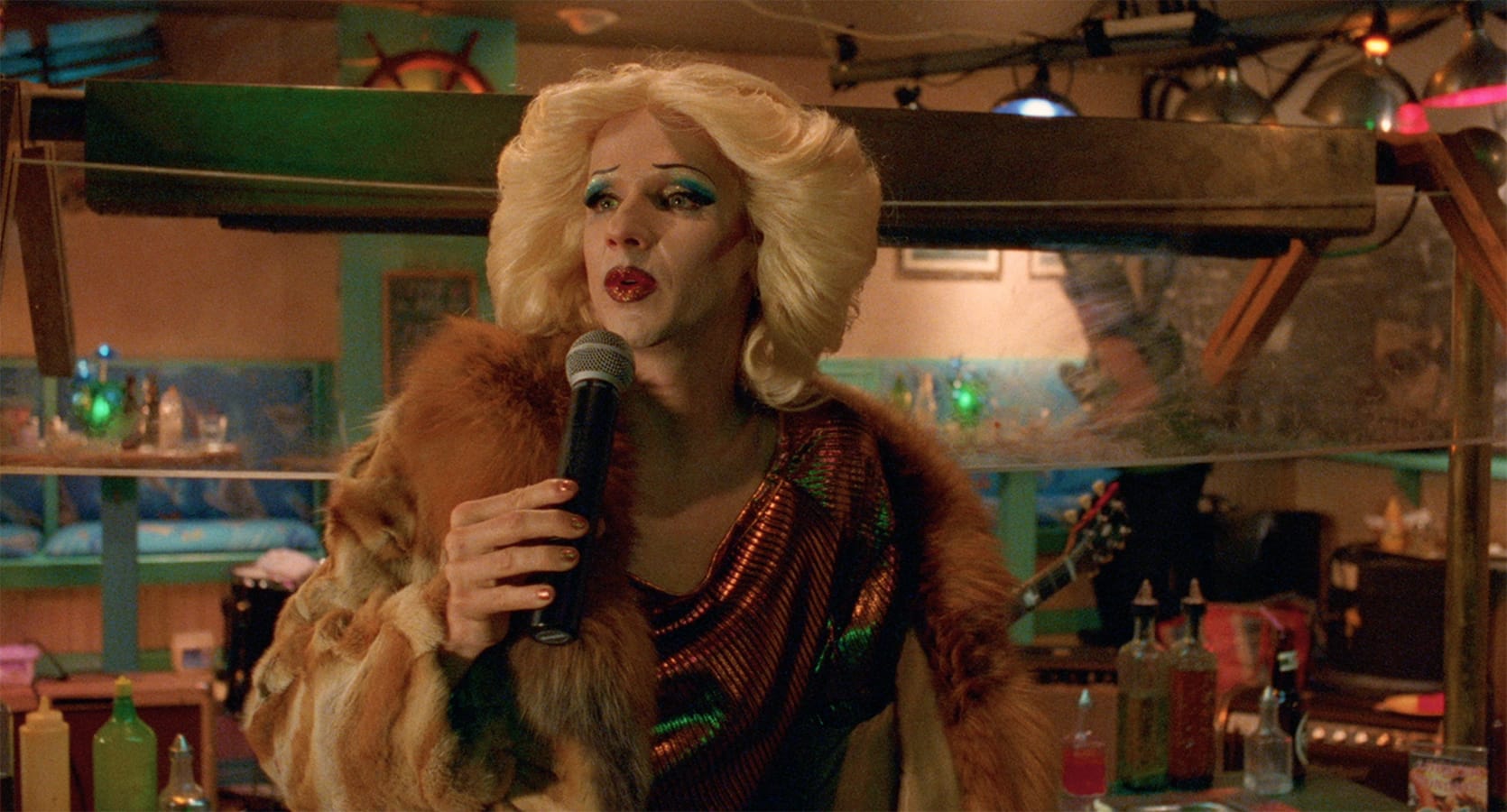
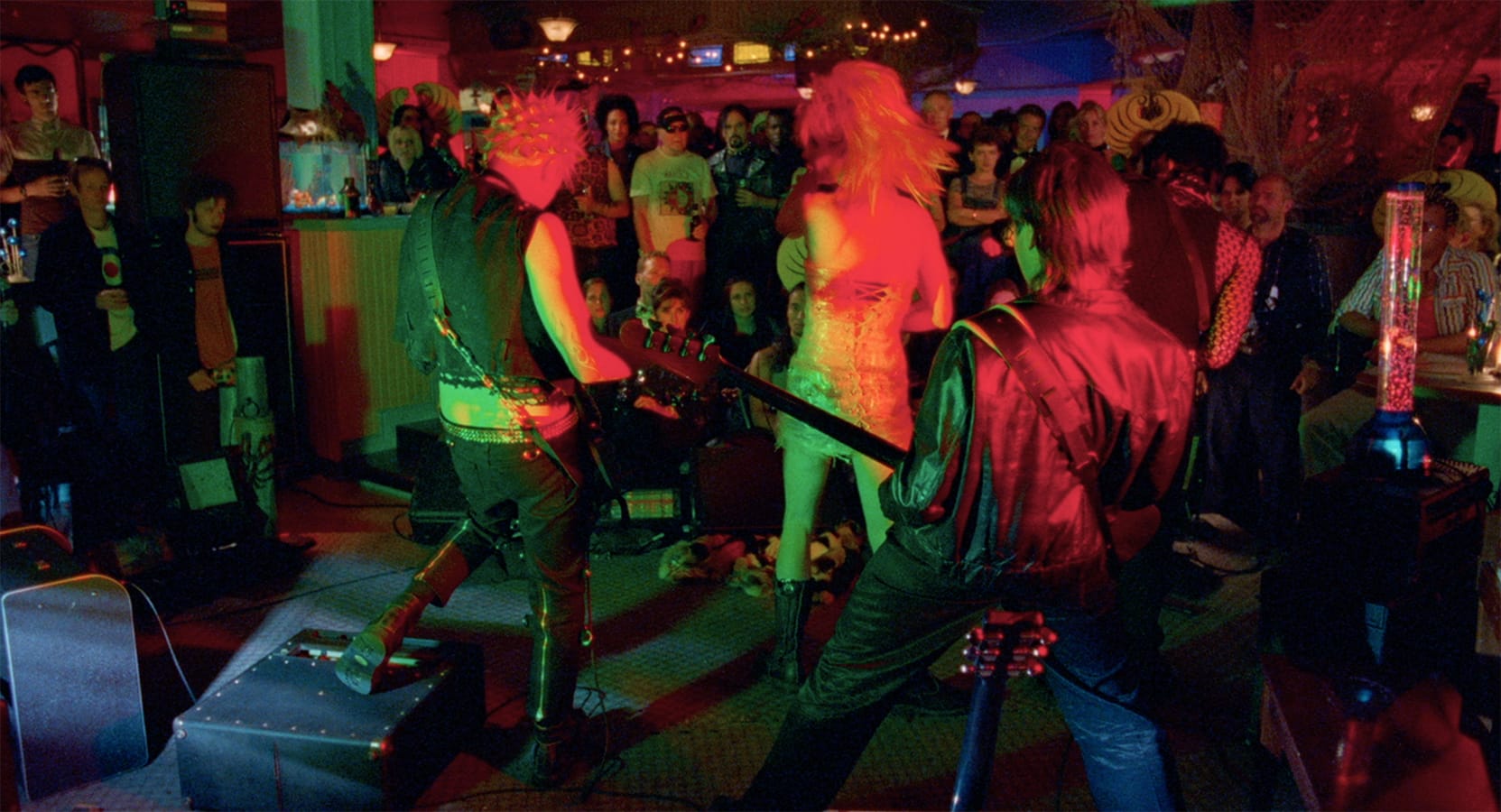
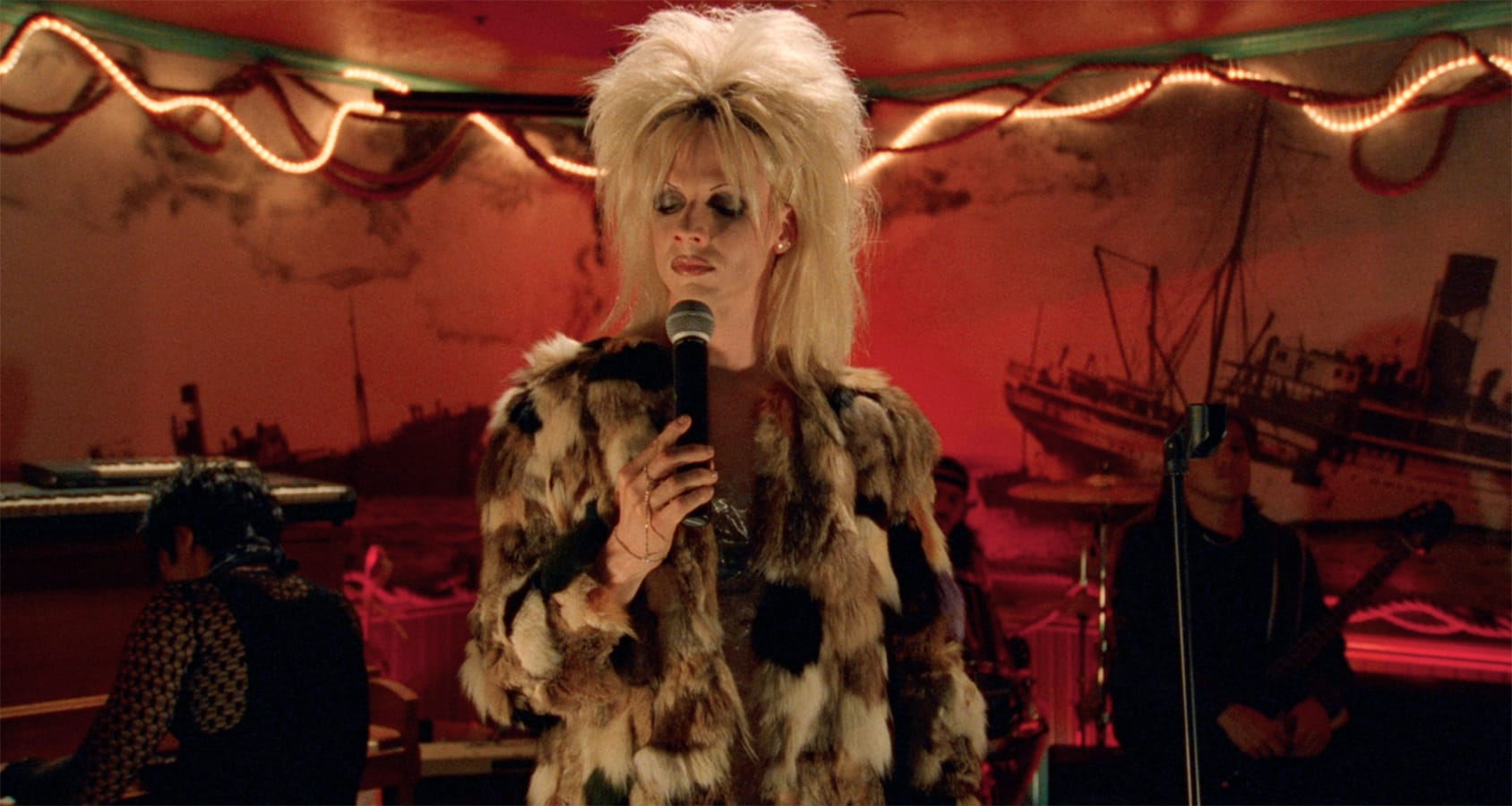

“To be man and woman at once only broadens our range of experience, increasing our capacity for heartbreak and pleasure, not to mention our wardrobe options.”
